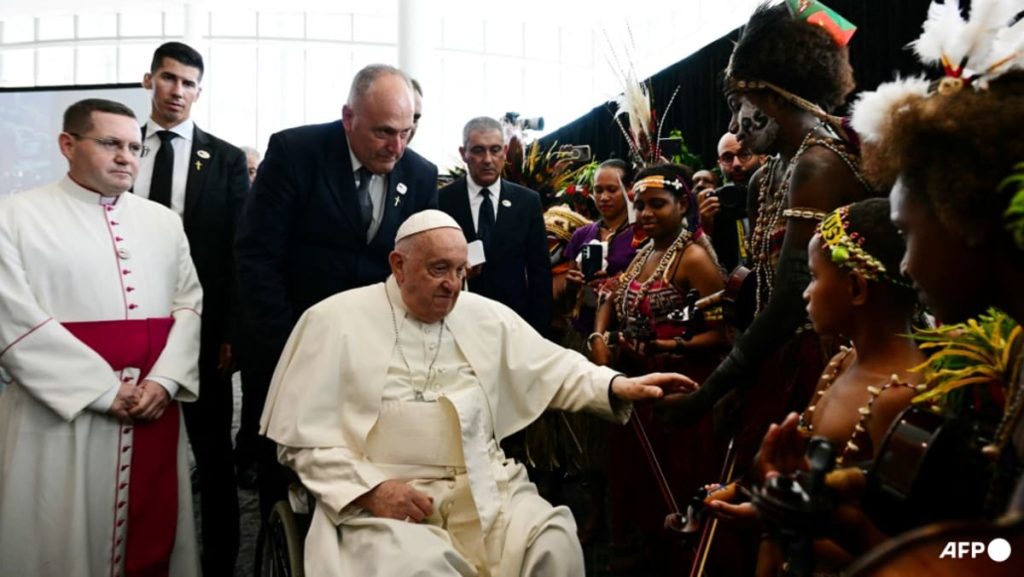Pope Francis visited Papua New Guinea during a 12-day trip to four countries and addressed the treatment of workers in the nation, which is rich in natural resources like gas and gold. He called for the needs of local people to be considered when distributing the proceeds from these resources and for better living conditions for workers. The pope emphasized the importance of developing natural resources in a sustainable manner that benefits all parties involved through international cooperation and mutual respect.
During his speech to political authorities in Papua New Guinea, the pope also made an appeal for an end to ethnic violence that has plagued the nation in recent months, resulting in the deaths of dozens of people. With Papua New Guinea being home to hundreds of tribal groups and more than 800 spoken languages, the pope stressed the importance of unity and peace among its diverse population. He highlighted the need for dialogue, respect, and understanding among different ethnic groups to prevent further violence.
Pope Francis recognized the significance of Papua New Guinea’s natural resources as gifts from God meant for the entire community, not just for the benefit of outside experts and international companies. He urged for the responsible and equitable distribution of resources to improve the wellbeing of all individuals in the country, while excluding nobody. The pope’s message underscored the importance of prioritizing the needs and rights of local communities when it comes to the development and utilization of natural resources in Papua New Guinea.
Upon arriving at the APEC Haus, a conference center built for the 2018 Asia-Pacific Economic Cooperation forum, Pope Francis was greeted with a traditional dance performance by Papua New Guineans in elaborate attire. The dancers wore feathered headdresses and beaded skirts, showcasing the rich cultural heritage of the nation to the visiting pontiff. As he was wheeled past a curved timber screen inspired by a lakatoi tattoo design, Pope Francis expressed his admiration for the traditional art and symbolism that reflected the identity and history of Papua New Guinea.
The pope’s visit to Papua New Guinea highlighted the importance of strengthening relationships between the Catholic Church and the country, as well as addressing key issues such as workers’ rights and ethnic violence. By engaging with political authorities and local communities, Pope Francis emphasized the values of justice, solidarity, and respect for human dignity in the pursuit of social and economic development in Papua New Guinea. His message of inclusion, sustainability, and cooperation resonated with both the government and the people of the nation, fostering a sense of hope and unity for a better future.
Overall, Pope Francis’ visit to Papua New Guinea symbolized a gesture of solidarity and support for the nation’s challenges and aspirations. By advocating for the rights of workers, the equitable distribution of natural resources, and the promotion of peace among diverse ethnic groups, the pope demonstrated a commitment to social justice and human rights. His presence served as a catalyst for dialogue and collaboration towards building a more inclusive and sustainable future for Papua New Guinea, grounded in principles of justice, peace, and mutual respect.


